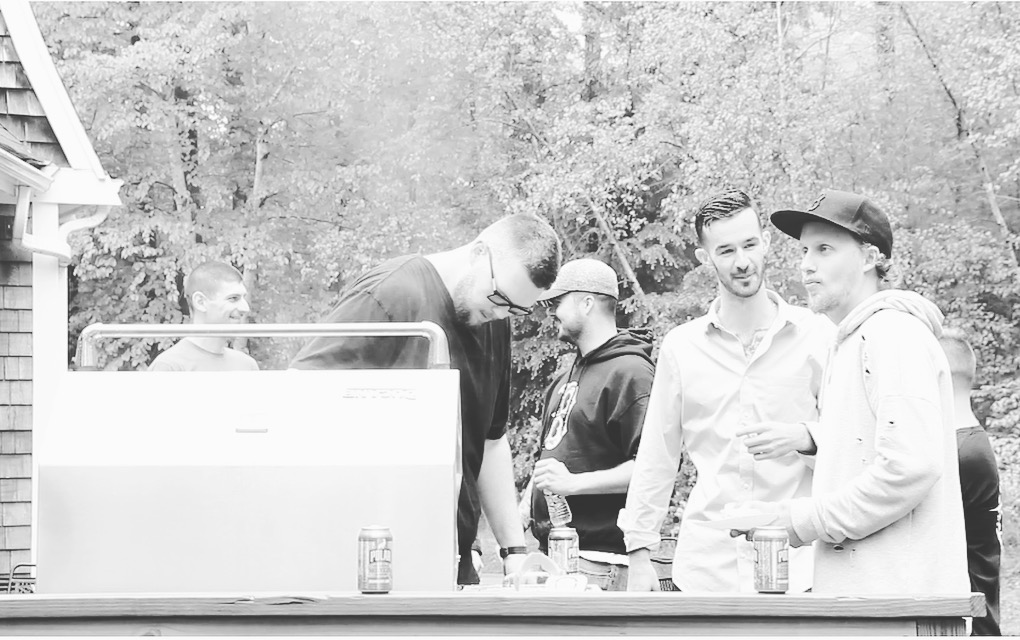
Altruism and Long-Term Recovery
Unemployed. Homeless. A burden on others.
All of these circumstances and situations describe my life before getting sober. Immediately, I became a “patient, client, or someone’s case”. All of these labels resulted in an even more concrete idea that I was less than. For somebody with a drug addiction problem, entering into treatment was a necessity but not a perfect cure for everything that led up to it.
It easy to give up on yourself with the constant reminder that “you need help”.
When I was introduced to the process of the Twelve Steps as laid out in the Big Book of Alcoholics Anonymous I was met with a design for living that weighed heavily on my impact on the people around me. What I was met with was a chance to find purpose. Looking back at my life, it was clear to me I’d been lost a long time.
The Twelve Steps, Altruism, and Empowerment.
As I worked further towards sustaining my sobriety I focused very little on “not getting high”. I focused more on putting out for others. I found ways I could impact the world around me positively on a daily basis. This included explained altruistic acts, not big, but small. For example, when I was met with a pile of clean laundry in the dryer, I folded it and left it for whomever with no expectation of recognition for the deed.
Altruism is defined as “the belief in or practice of disinterested and selfless concern for the well-being of others.”
Day in and day out, I made sure to keep my consciousness as clear as I could to look for opportunities to be helpful to others. The process enabled me to keep a clear head and an open heart.
The more I was able to work the needs of others into my life the more I healed. The less I felt like a dislocated person from my peers, and the more connected to my peers I became.
The most important part of the process for me was my amends process. It was a chance to get a full understanding of responsibility and how my actions affected people I cared about. This was the turning point for my recovery and new way of life.
In order to sustain long-term sobriety I never lost sight of my responsibility to put out positivity into the world by unburdening others. This could be as simple as asking the shaky, nervous man or woman at the AA meeting how their day was going. Lending an ear to listen to what was going on in others’ lives. Taking out the trash. Shocking my loved ones with question of “how are you doing?”. As I became more helpful to my fellows, I felt a higher sense of purpose and overall self-esteem. I came into my own as a person who was not a “patient or client”, but a person with a real story and experience that could be useful to other people.
The last step of the process was clear, carry the message and work the process and its principles into every facet of your life. To me its all about my usefulness to others. We’ve all heard it said in different ways, “Good Karma”, “Do the next right thing”; its all the same to me. If I do that on a daily basis, I’ll get a daily reprieve from the thought to drink or get high.
The program starts with the admission of powerlessness, but that’s not what was in store for me. Many are turned off by the idea of surrender or powerlessness. Its been my experience that the process if more about empowerment than anything else. The power to reverse the lifestyle of dissatisfaction with one that is powerful and purposeful.
